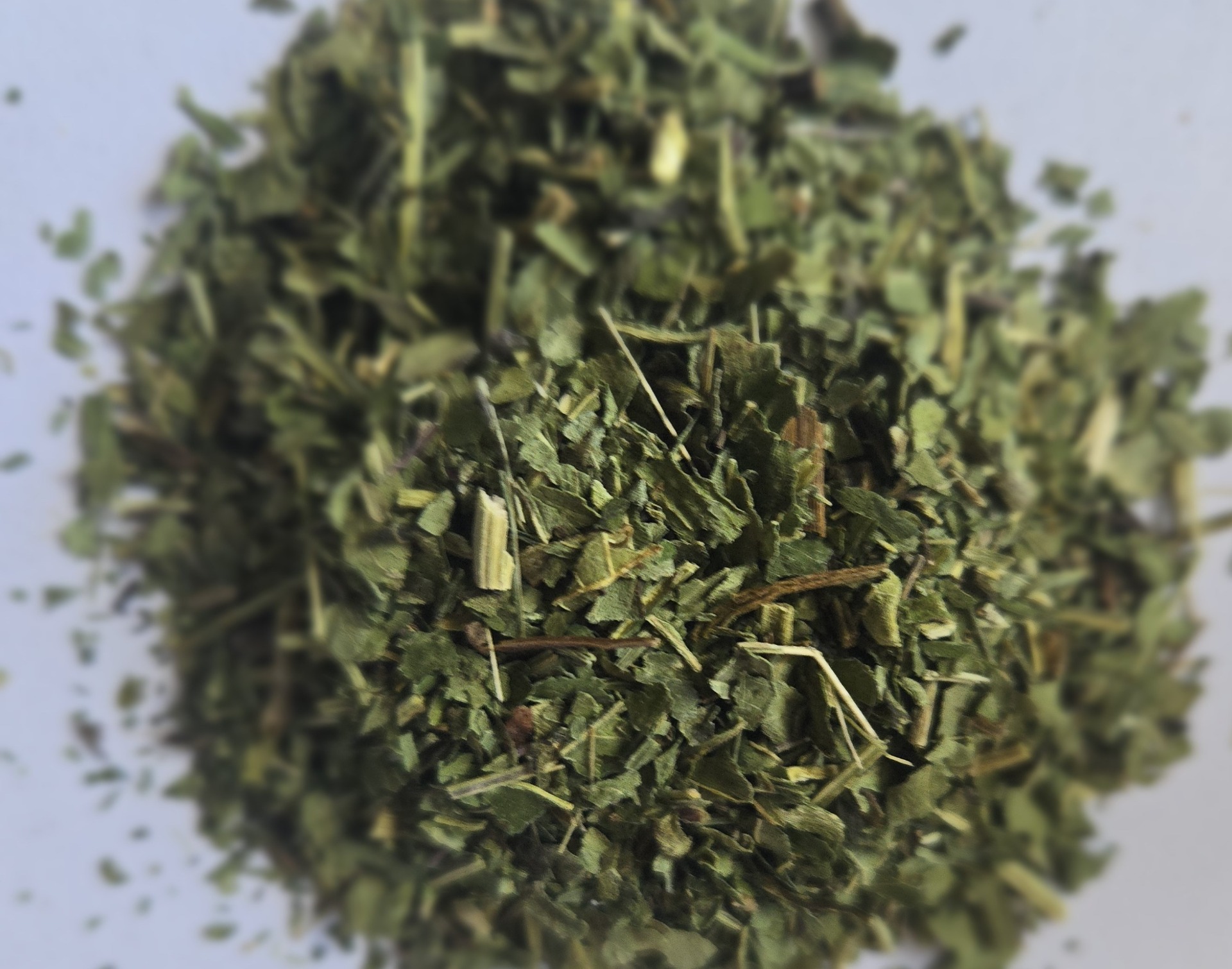Echinacea

Echinacea is a well-known medicinal herb, primarily recognized for its immune-boosting properties and its use in preventing and managing respiratory infections. Here are the main health benefits of echinacea, supported by current research:
1. Immune System Support
-
Echinacea is best known for stimulating the immune system. It increases the production and activity of white blood cells, which help the body fight off infections and foreign invaders.
-
Some studies suggest echinacea may reduce the risk of developing upper respiratory tract infections, such as the common cold, by up to 22%. However, evidence on whether it shortens the duration or severity of colds is mixed.
2. Anti-Inflammatory Effects
-
Echinacea contains compounds like alkamides, caffeic acid derivatives, and polysaccharides that have anti-inflammatory properties.
-
It may help reduce chronic inflammation and pain, with some studies showing benefits for conditions like osteoarthritis and inflammatory skin issues.
3. Antiviral and Antibacterial Activity
-
Echinacea has demonstrated antiviral effects, potentially protecting against viruses that affect the respiratory system, including coronaviruses.
-
It also exhibits antibacterial and antifungal properties, making it useful for a range of infections.
4. Antioxidant Properties
-
The herb is rich in antioxidants, which help neutralize free radicals and protect cells from oxidative stress.
5. Skin Health
-
Echinacea may support skin health by promoting hydration, reducing wrinkles, and aiding in the healing of minor wounds, cuts, and grazes.
6. Potential Anti-Cancer Effects
-
Preliminary lab studies suggest echinacea may have anti-cancer properties, possibly inhibiting the growth of certain tumor cells, though more research is needed in humans.
7. Other Uses
-
Echinacea is sometimes used to help with urinary tract infections, sinusitis, hay fever, and slow-healing wounds, though evidence for these uses is less robust.
Note:
While echinacea is generally considered safe for short-term use, its effectiveness can vary, and some people may experience allergic reactions or mild side effects. Always consult a healthcare provider before starting any new supplement, especially if you have allergies or are taking other medications.
Echinacea's primary strengths are in immune support, inflammation reduction, and as a complementary remedy for respiratory infections.
Citations:
- https://www.healthline.com/nutrition/echinacea
- https://www.mountsinai.org/health-library/herb/echinacea
- https://www.hollandandbarrett.ie/the-health-hub/vitamins-and-supplements/herbal-licensed/what-is-echinacea/
- https://www.nccih.nih.gov/health/echinacea
- https://www.webmd.com/diet/health-benefits-echinacea
- https://pmc.ncbi.nlm.nih.gov/articles/PMC4441164/
- https://www.nottingham.ac.uk/biosciences/documents/burn/2006/echinacea-and-the-immune-system--juliet-parker.pdf
- https://www.avogel.ie/health/immune-system/what-are-the-benefits-of-echinacea/
- https://www.herbalreality.com/herbalism/western-herbal-medicine/3-types-echinacea-comparison-medicinal-actions/
- https://health.clevelandclinic.org/echinacea